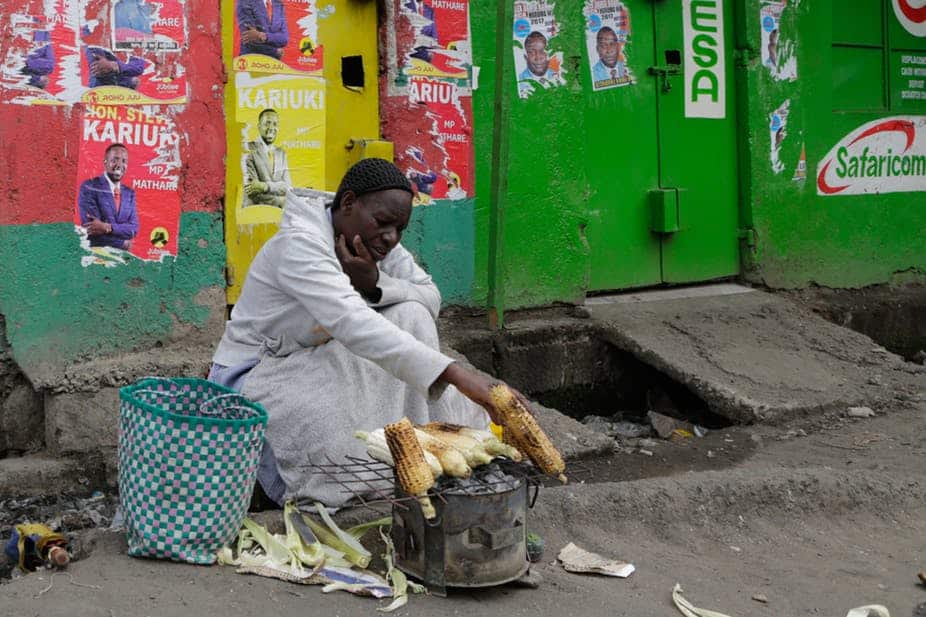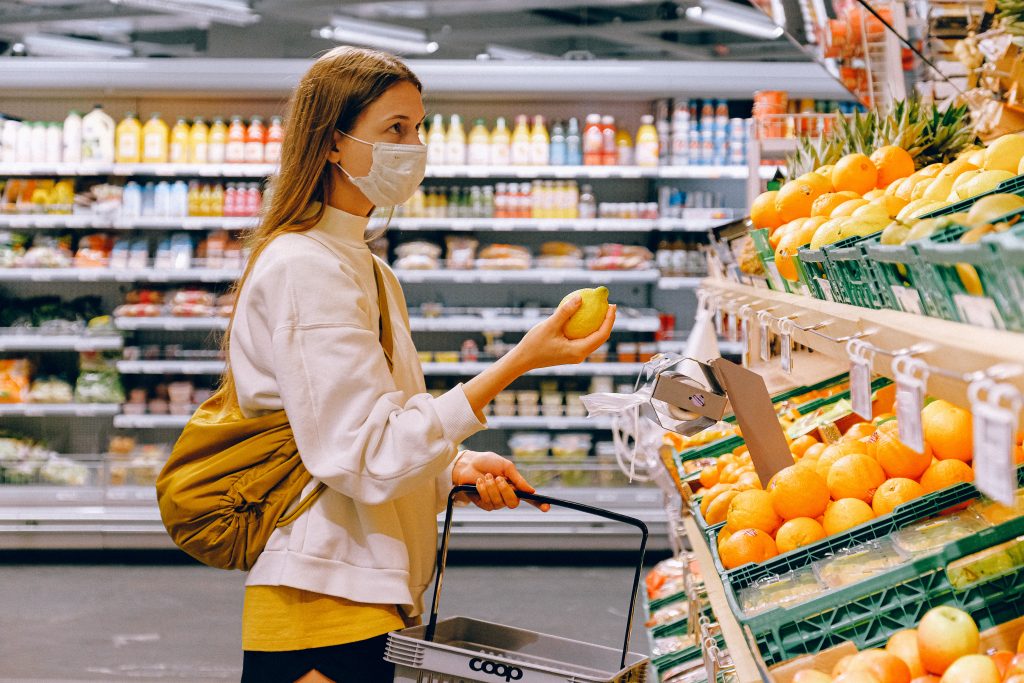Accusations of price gouging a common feature of COVID-19
In June this year, in what was the first contested case of excessive pricing related to the COVID-19 pandemic in South Africa, the Competition Tribunal found a company called Babelegi Workwear and Industrial Supplies guilty of what it described as “progressively bolder” price hikes on face masks.
Slew of food-related ‘pandemics’ await in the wake of COVID-19
National and global food systems are not working for the billions around the world who suffer from hunger and malnutrition. This will have devastating consequences for those afflicted.
This was the resounding message coming out of a social dialogue on World Food Day titled ‘Food is Our Right: The Struggle for Equitable Food Systems’. The event was co-hosted by the DSI-NRF Centre of Excellence in Food Security (CoE-FS), the Institute for Poverty, Land and Agrarian Studies (PLAAS) at the University of the Western Cape (UWC), and C19 People’s Coalition Food Working Group.
People encouraged to grow their own food as poverty & hunger levels increase
In a webinar hosted by the UWC’s Institute for Poverty, Land and Agrarian Studies and the Centre of Excellence in Food Security under the theme: Food is our right – the struggle for equitable food systems, it was highlighted how the lockdown further aggravated hunger in poor households.
Activists protest against growing hunger in a land of plenty
Friday, 16 October, was World Food Day. For activists across South Africa and the world, the day was an opportunity to highlight the plight of hungry and undernourished people, a crisis which has been globally exacerbated by the Covid-19 pandemic.


Social security could make life better in South Africa after COVID-19
Injecting purchasing power into poor households will stimulate demand and assist economic recovery. Reimagining social security in South Africa is not only a humanitarian imperative and a means of achieving social justice, it makes economic sense. It is something that the country cannot afford not to do.
The country will take years to recover economically. Ziyaad Douglas/Gallo Images via Getty Images